Fact-check: No, This Photo Does Not Show Christians Burnt by a Pastor in Congo
This image does not depict Christians burnt by a pastor in Congo. Instead, it shows the tragic aftermath of a fuel tanker explosion in Morogoro, Tanzania, in 2019.
Writer: Makur Majeng
An image circulating on WhatsApp, accompanied by a false claim that Christians were burnt by a Congolese pastor, is false. The image is not from Congo and does not depict the aftermath of any church-related incident in that country.
The graphic photo shows charred bodies piled on the ground while surrounded by onlookers, accompanied by a statement that warns Christians to take care; it is falsely attributed to an incident involving a pastor who allegedly burnt his followers.
“A pastor in Congo has burned his followers in the church. So Christians take care, not every church you go to is good. Some are terrorists and devil worshippers,” reads the statement.
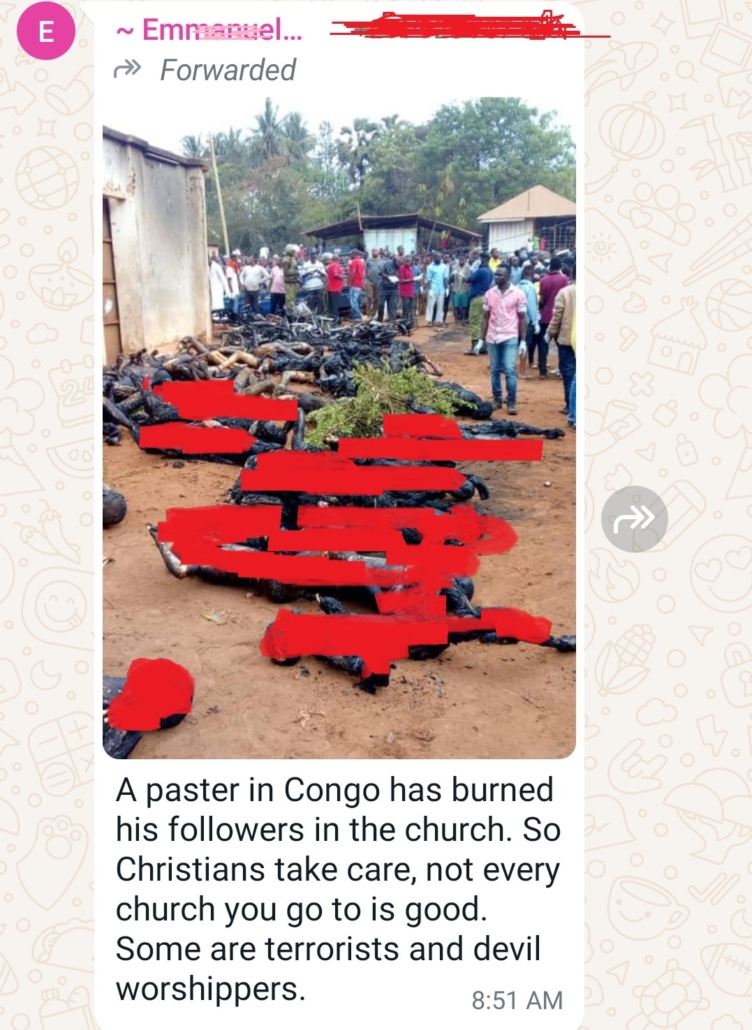
The screenshot of the image on WhatsApp
Claim Verification:
A Yandex reverse image search by 211CHECK of the picture revealed that it is not from Congo but was first circulated about a tragic accident in Tanzania. On August 10, 2019, a fuel tanker exploded in Morogoro, Tanzania, resulting in the deaths of at least 100 people.
The explosion occurred when a group of people rushed to siphon petrol from the overturned tanker. Nation Africa, in its report, attributed the incident to have been caused by an attempt by a man to remove the tanker’s battery, which created sparks that ignited fuel, leading to the devastating fire.
Many of the victims, including motorcyclists and taxi drivers, suffered burns over 80% of their bodies and more succumbed to their injuries, according to media reports.
This incident had been fact-checked by AFP Fact-Check and Altnews, which confirmed the true origin of the image.
This same image had been falsely attributed to xenophobic violence attacks in South Africa but debunked by AFP Check as false.
Conclusion:
This image does not depict Christians burnt by a pastor in Congo. Instead, it shows the tragic aftermath of a fuel tanker explosion in Morogoro, Tanzania, in 2019. The image has been repeatedly misused to promote false narratives. The claim did not provide the name of any pastor or a specific location, as well as whether it is in Congo Brazzaville or the Democratic Republic of Congo (DRC) where the incident happened.
To ensure accuracy and transparency, we at 211 Check welcome corrections from our readers. If you spot an error in this article, please request a correction using this form. Our team will review your request and make the necessary corrections immediately, if any.
It’s vital to fight misinformation and disinformation in the media by avoiding fake news. Don’t share content you’re uncertain about. False information can harm and mislead people, risking their lives—Fact-check before sharing. For more details, visit https://211check.org/, or message us on WhatsApp at +211 921 350 435. #FactsMatter.

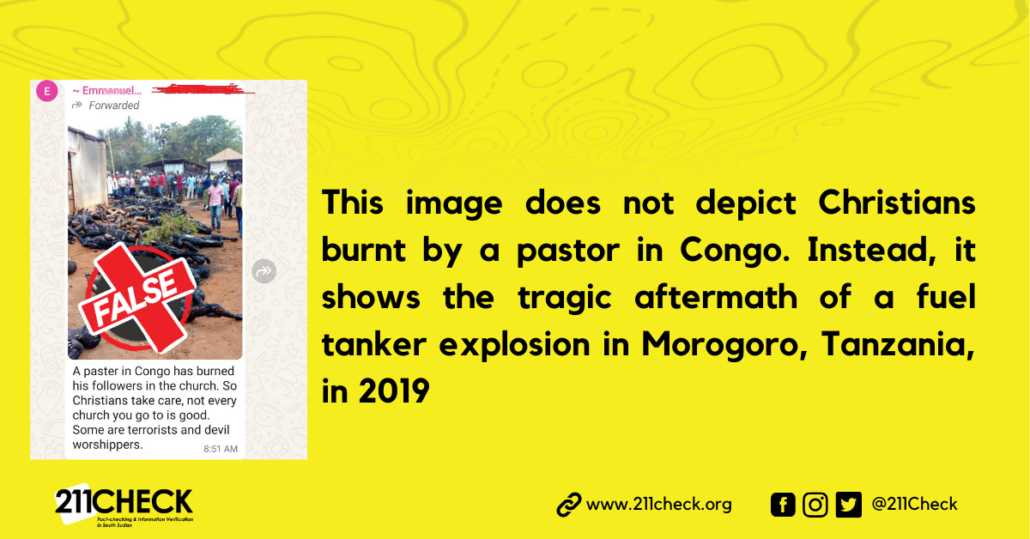 211CHECK Website Graphics
211CHECK Website Graphics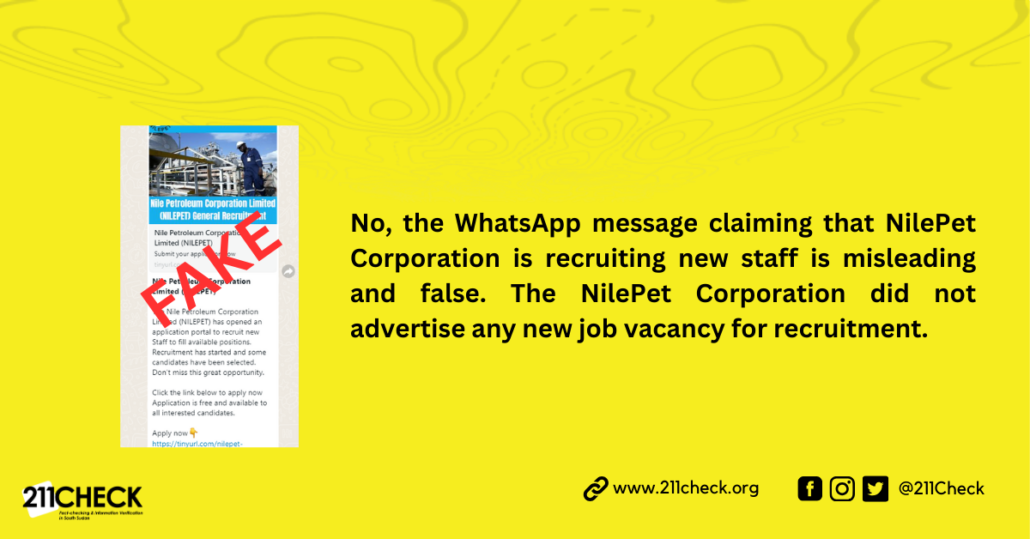 211 Check Website Graphics
211 Check Website Graphics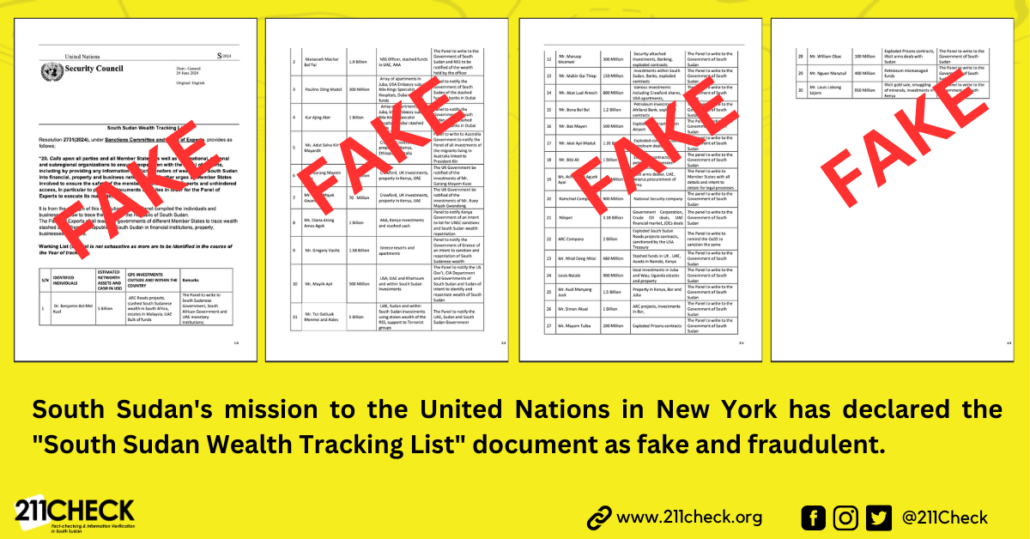 211 Check Website Graphics
211 Check Website Graphics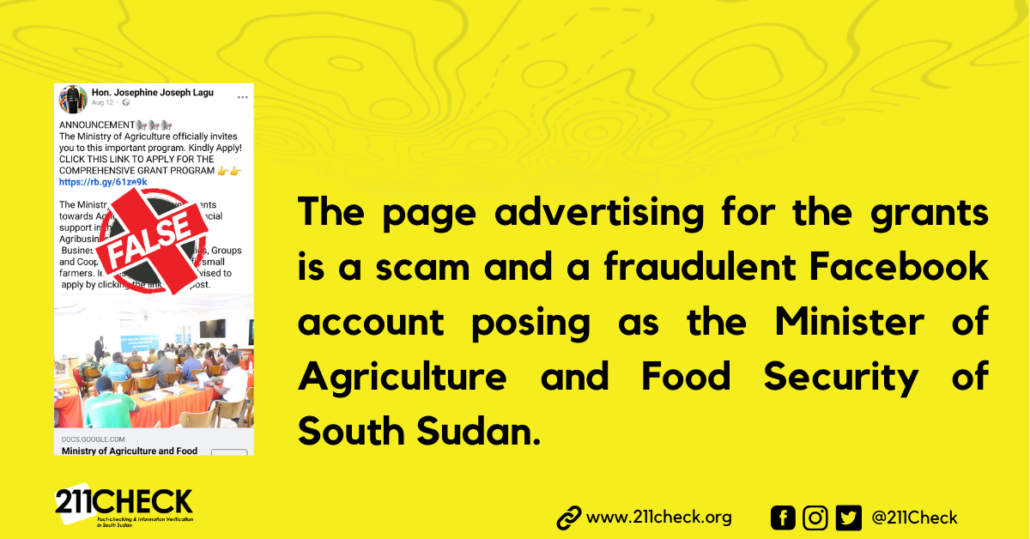 211 Check Website Graphics
211 Check Website Graphics 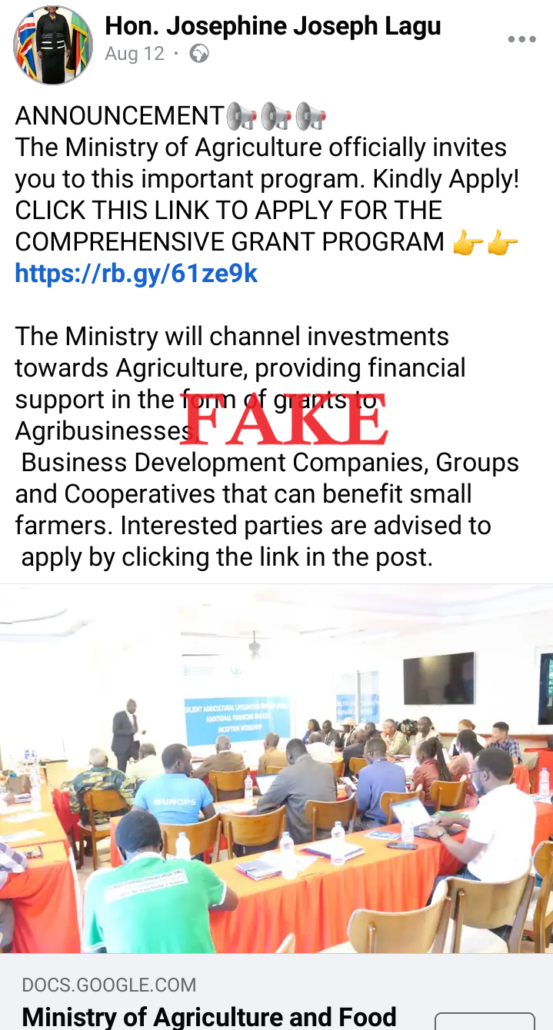
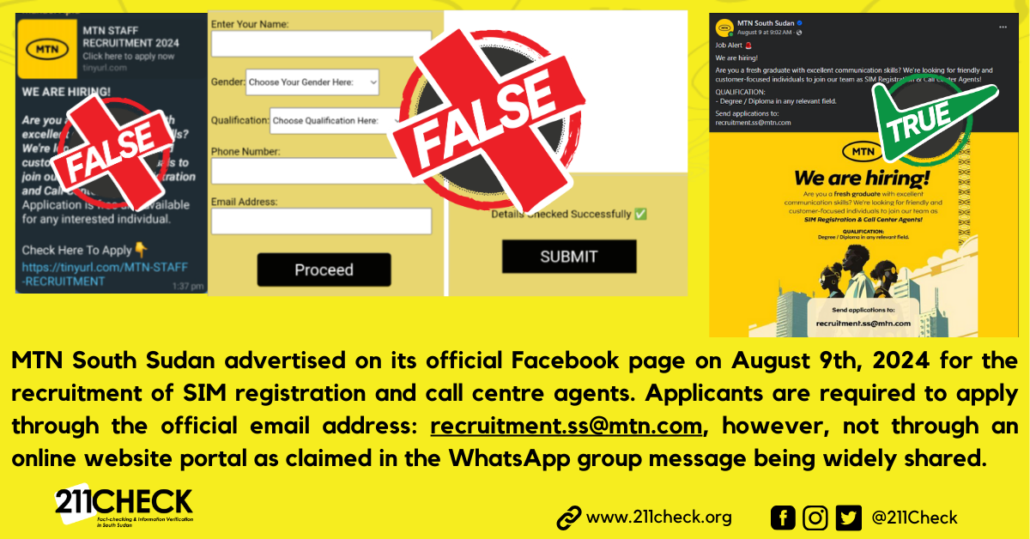 211 Check Website Graphics
211 Check Website Graphics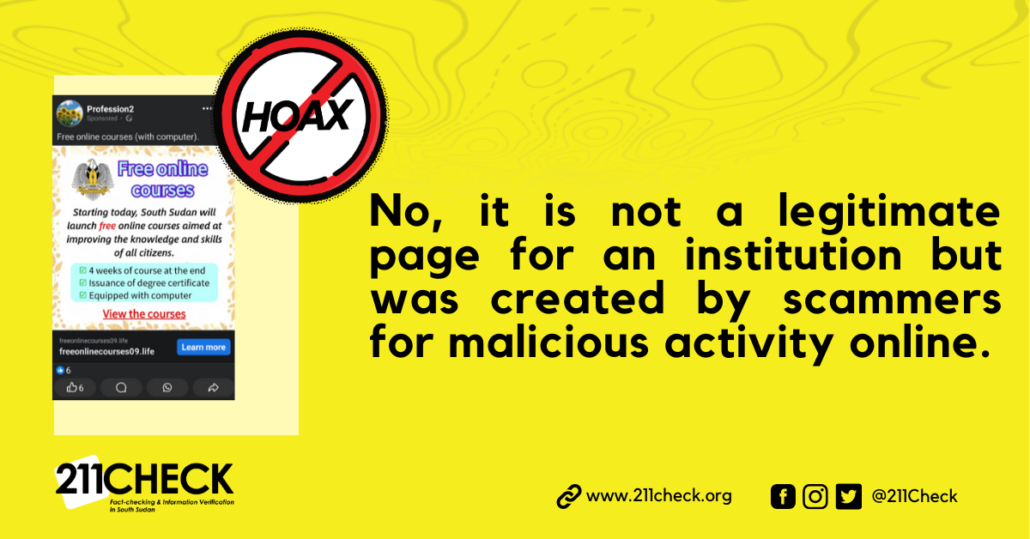 211 Check Website Graphics
211 Check Website Graphics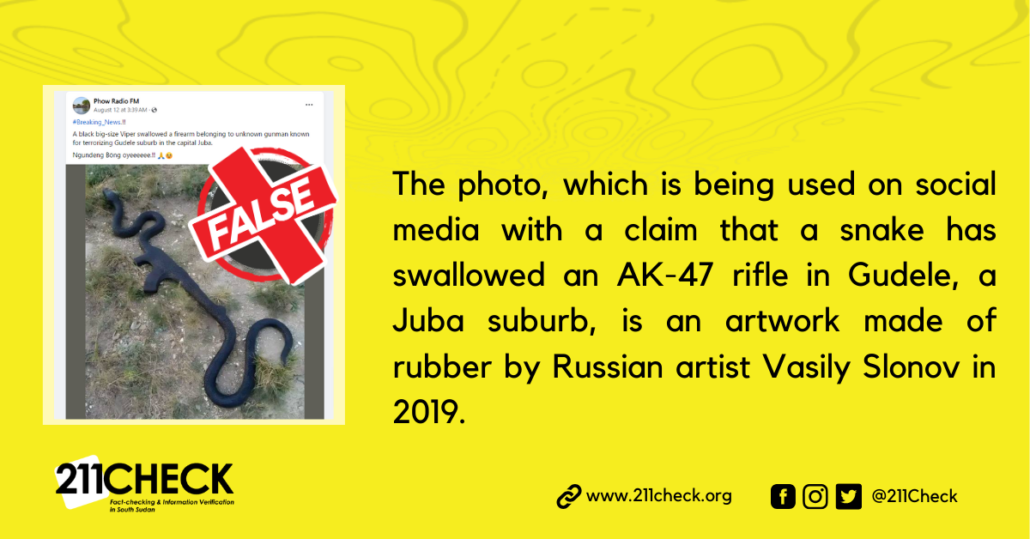
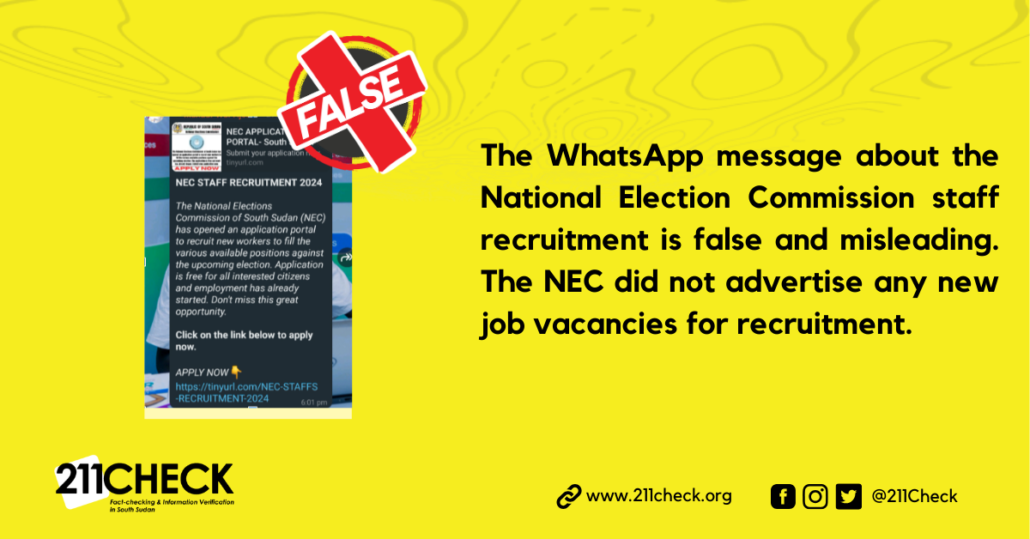 211 Check Website Graphics
211 Check Website Graphics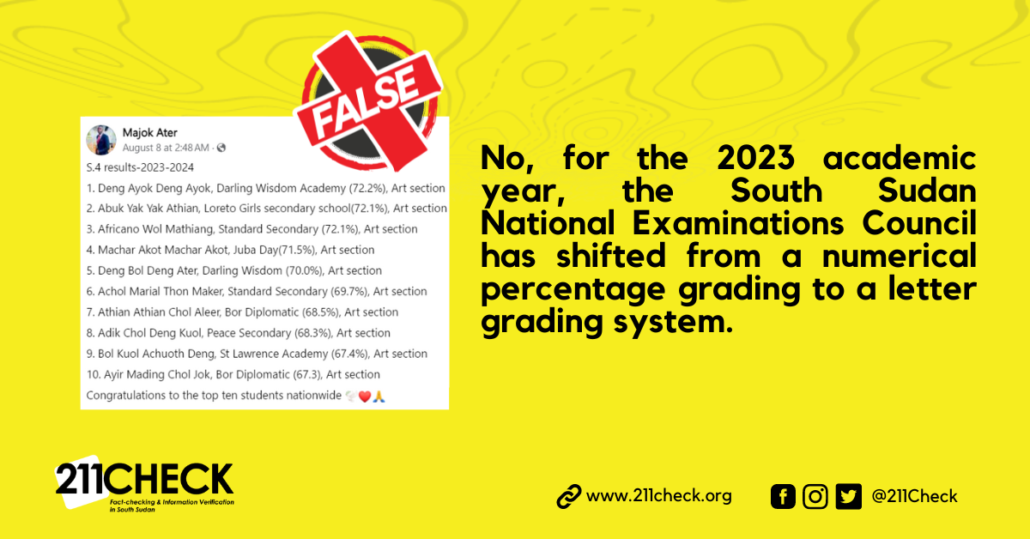 211 Check Website Graphics
211 Check Website Graphics 211 Check Website Graphics
211 Check Website Graphics